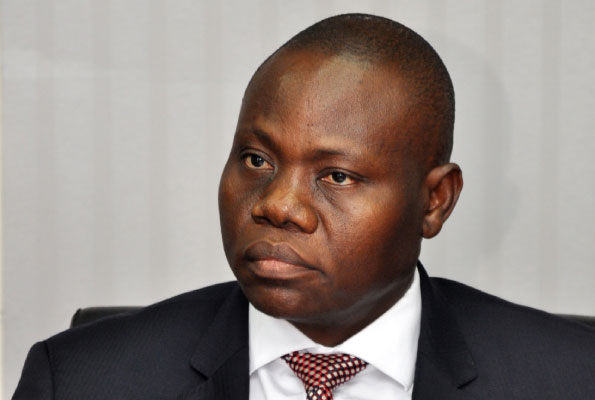Uganda Registration Services Bureau has started enforcing laws that require companies and partnerships to declare the beneficial owners of the businesses.
This follows the expiry of the 30-day deadline given to the companies and Limited Liability Partnerships to start declaring the beneficial owners of the entities in line with the Companies (Beneficial Owner) Regulations 2023 and the Partnership (Beneficial Owner) Regulations 2023.
A Beneficial Owner is a natural person who has the final ownership or control of a company or partnership. In this case, such a person is one who is not a registered director of an entity. It can also mean a natural person on whose behalf a transaction is conducted in the company or partnership, including a person who exercises ultimate control over that entity.
It is common practice for a person to register a company, not in their names, nor do they usually appear anywhere in the operations or supervision of the company, according to Patricia Opoka, URSB Manager Document Registration and Licensing.
On why a company should be owned by an invisible person, Opoka says that on top of the motive of conducting illicit activities through the company or partnership, there are some genuine investors who, for some genuine reason, may not be comfortable being known.
The regulations were developed and implemented to operationalize the Companies (Amendment) Act 2022 and the Partnership (Amendment) Act 2022, which were enacted last year partly to deal with Money Laundering and Illicit Finances.
These legislations were in response to calls on Uganda by the international anti-money laundering platform, the Financial Action Task Force (FATF), to improve its safeguards against money laundering, illicit financing, and terrorism funding.
The country was on the verge of being blacklisted, meaning transactions to and from Uganda would constantly be censured, causing delays or even blockades. Such actions, according to the industry, can easily be propagated by the real persons behind a seemingly innocent company.
Opoka says that while not all companies have beneficial owners, some companies have such a complex shareholding structure that it is hard to trade the real owner.
According to the notice, those companies or partnerships whose ownership stop at the registered partners, directors, or shareholders are only required to submit information to that effect. URSB says that there is no cost related to the submission of this information, except, should the directors or managers need to search for records, then they will pay to access the information.
However, there will be a penalty of 25 currency points (500,000 shillings) for a company that intentionally files wrong information.
A month ago, URSB sent a notice to company and partnership owners to submit information relating to Beneficial Ownership. This is in compliance with the Global Transparency requirements that tasked countries to implement measures that relate to ownership transparency.
The Registrar General, Mercy Kainobwisho dismissed information circulating that those who do not respond to this call will be penalized up to 500,000 Shillings daily. “The current penalty applicable to companies or partnerships that do not submit this Beneficial Ownership info is the registrar of Companies’ refusal to accept any other subsequent filings on the company file until they comply,” she said, adding that the move is in line with global transparency requirements.
According to her, business entities have been the main conduit for illicit money, hence the global campaign to fight it through legislation and enforcement of national legislation.
“Globally, Corporate vehicles like companies, partnerships, trusts, etc have been misused for money laundering, terrorism financing among other illegal activities. As such all countries have to ensure transparency in the ownership of corporate vehicles to mitigate the global risks,” she says.
–URN





